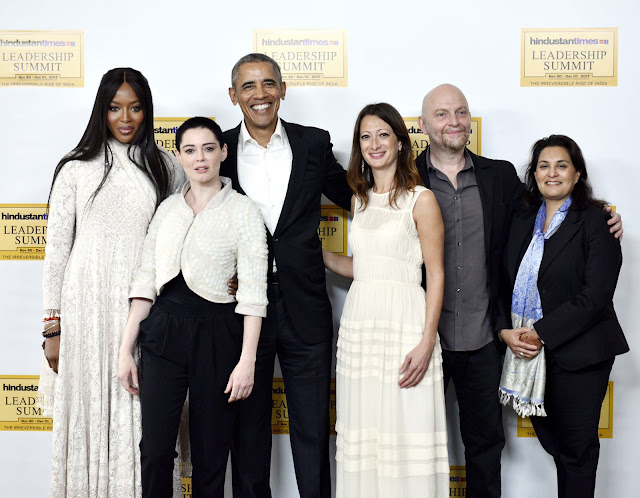Supporting humanitarians heroes
When peaceful protests turned into violence, my family and many other Syrians rushed to help our communities. We turned our houses into aid depots. We sent bandages, blood bags and antibiotics into devastated areas during the still of the night. All the while, we were acutely aware that if we were caught we’d be killed on the spot, or worse - arrested and tortured for daring to attempt to save the lives of fellow citizens.
War brings out the worst of humanity. But it also shows people at their best.
As war engulfed the country, Syrian doctors, nurses, aid workers and volunteers coalesced in an effort to organise and structure a humanitarian response. As a doctor practicing in the UK, I focused on medical aid and had the fortune of working with several Syrian-led organisations.
This is how I met Hivin. She, like many Syrians, left the safety of her career to join the humanitarian response. The two of us met doing advocacy work around pressing for Syrian women’s rights and the need to protect civilians and deliver urgent aid. She now runs Bihar, and organisation that provides Syrian families with support services to help them deal with the issues posed by conflict.
People like Hivin are the humanitarian response in war-devastated communities. But she - and thousands like her - are being let down by a broken aid system.
Why is it broken?
It is a system that failed to recognise expertise in its own country, treating local organisations instead as sub-contractors. The aid system takes a one-size-fits-all approach to aid delivery - rather than listening to what was really needed in the context at the time. Local humanitarians were told that they don't have “capacity” yet few of the international organisations tried to change that by supporting capacity building.
But worst of all, local people don't get the resources that are needed. As a result, successful services get shut down and hundreds of thousands of people are left with no health services because we were being paralysed by ‘the system’.
This same system fails to acknowledge the citizen donor. When I’ve asked my friends about charitable giving, most say they are disillusioned. They feel they donate blindly with scant knowledge of where their money has gone - or even if it has arrived and what good it did. Sadly, the current humanitarian aid system has caused many of them to stop supporting those living in a crisis situation full stop.
These are the reasons CanDo was born.
And now, bringing together local humanitarian organisations like Bihar with thousands of global citizens worldwide, we offer a better vision. A successful crowdfunding campaign will enable Bihar to access the funding it needs to expand on its successes – and offer crucial support and wellbeing services to women in the Ma’arin community of rural Aleppo. By training and providing two health workers, vulnerable Ma’arin women will get access to much-needed protection and healthcare services and guidance.
So right now, we’re are appealing to the humanitarian in you, and asking you to be part of our movement by supporting Bihar’s critical work.



Comments
Post a Comment